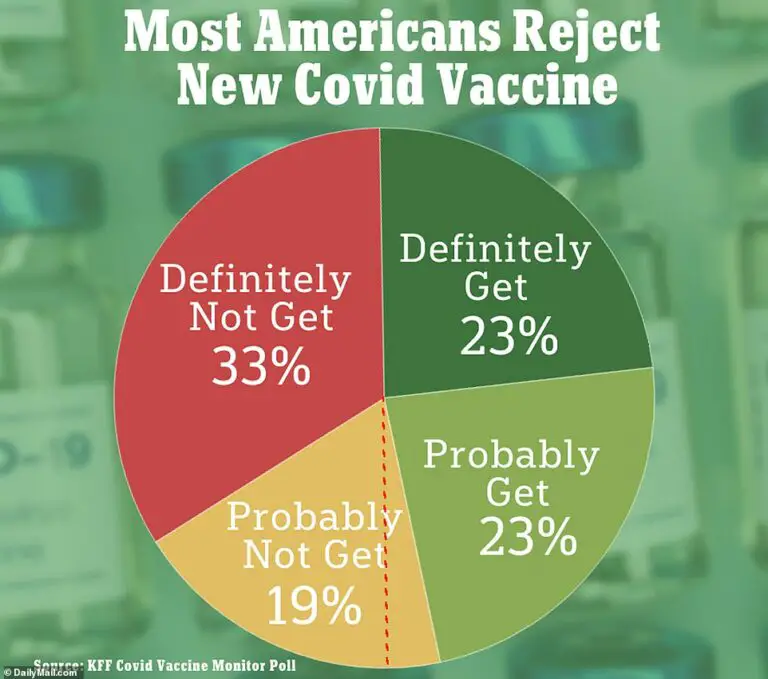Access to COVID-19 Booster Vaccine Challenges Vulnerable Americans
Weeks after the approval of new COVID-19 booster shots and the handover of vaccine distribution to private companies, a mere four million Americans, representing only one percent of the population, have received the latest version of the vaccine.
Despite Pfizer delivering over 10 million vaccine doses and Moderna supplying one million doses nationwide, Americans continue to encounter barriers when attempting to receive their booster shots.
The inoculation process has just recently commenced in nursing homes this month, with some facilities postponing vaccination of vulnerable residents until November, despite a surge in infections among the elderly.
Young children, also among the most vulnerable, are not exempt from concern. One parent, Danielle Campoamor, recounts her son’s two intensive care unit admissions due to respiratory infections. After this traumatic experience, Ms. Campoamor eagerly schedules her children for every updated vaccine, including any new COVID-19 versions.
While some Americans are informed at clinics or pharmacies that their insurance covers the cost of the shot, others are faced with bills exceeding $100.
The patchy rollout this year can be attributed to the decentralization of vaccine distribution, as private companies, rather than a government-sponsored campaign, now oversee the process.
A recent Kaiser Family Foundation poll revealed that a majority of Americans do not plan to get the updated COVID-19 booster vaccine this year.
In response, some vulnerable families have resorted to self-testing and masking to protect themselves while awaiting the vaccine.
On a positive note, Novavax has gained approval from the Food and Drug Administration to distribute its vaccine, which will be available in pharmacies next week.
The U.S. government has recommended that all Americans aged six years and older receive the new vaccine, updated to guard against omicron sub-variants that are contributing to rising case numbers.
The responsibility for vaccine distribution, administration, and payment shifted to private entities, including vaccine manufacturers, pharmacies, and insurance plans, when the White House concluded the public health emergency in May.
This decentralization has led to confusion and difficulties for many Americans. Some arrive at vaccination sites only to endure lengthy waits, while others receive last-minute appointment cancellations.
Chad Worz, CEO of the American Society of Consultant Pharmacists, expressed concern about the slow pace of vaccine distribution, especially for vulnerable older adults in nursing homes.
The delayed rollout could leave elderly nursing home residents waiting until November for their booster shots, which is risky as infections among this population have surged to 9.7 per every 1,000 residents from a low of 2.2 in June.
While COVID-19 may be mild for some, it poses a deadly threat to high-risk populations. During the first two years of the pandemic, over 200,000 residents and staff in long-term care facilities died due to COVID-19.
Although 62 percent of nursing home residents were up to date on their vaccines before the latest booster approval, only a quarter of nursing home employees could make the same claim, putting residents at risk.
While Medicare covers the cost of vaccines for residents, employees may face insurance expenses.
CVS announced plans to receive the new vaccine and make it available to walk-ins or online appointment scheduling, but delivery delays from wholesalers have impacted the distribution.
Walgreens and other companies have cited supply chain issues and delivery delays as the cause of canceled or rescheduled appointments.
Though frustrations mount for Americans, the data suggests that, similar to last year, many may not opt for the booster vaccine. Last year, just 17 million Americans received the updated booster, and a recent poll indicates that 52 percent of U.S. adults are unlikely to get the newest vaccine.
Nonetheless, those most vulnerable, such as the elderly and immunocompromised individuals, remain reliant on the protection offered by the updated vaccine.
The U.S. Health and Human Services Secretary, Xavier Becerra, acknowledged the ongoing challenges and assured that individuals with Medicaid, Medicare, or private health insurance should receive the vaccine free of charge. Those without insurance can request a free shot through the government’s Bridge Access Program.

